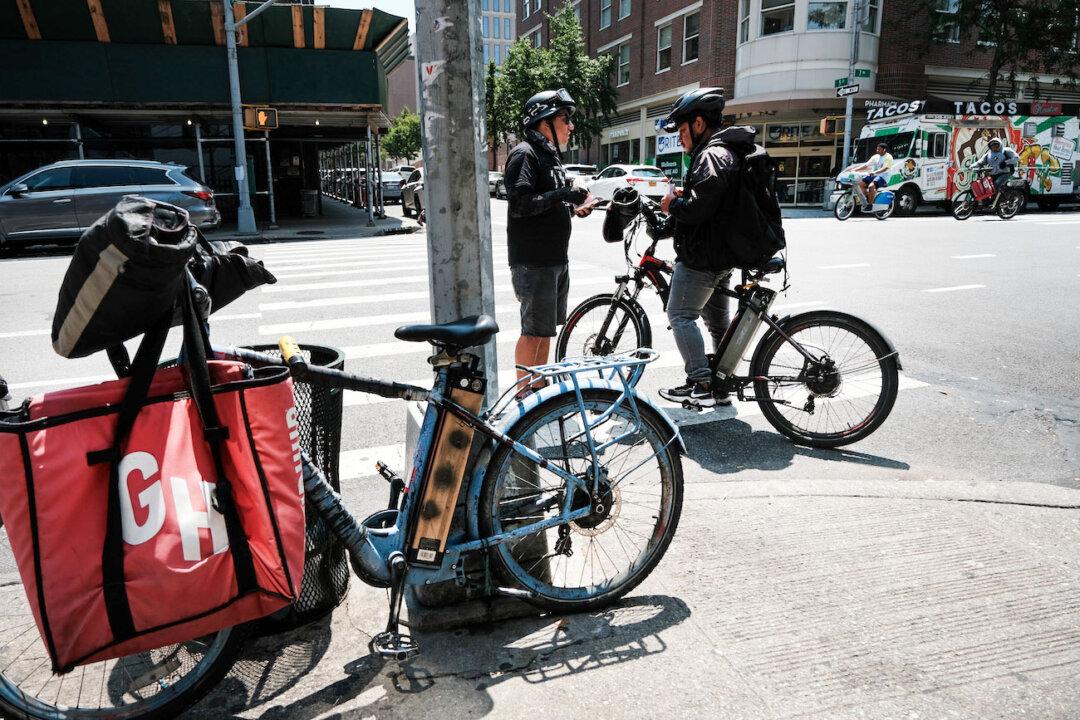Food delivery company Grubhub settled a complaint filed by the U.S. Federal Trade Commission (FTC) that accused the business of “an array of unlawful practices” that harmed customers, employees, and restaurants.
Grubhub engaged in “deceiving diners about delivery costs and blocking their access to their accounts and funds, deceiving workers about how much money they would make delivering food, and unfairly and deceptively listing restaurants on its platform without their permission,” the federal agency said in a Dec. 17 statement.





